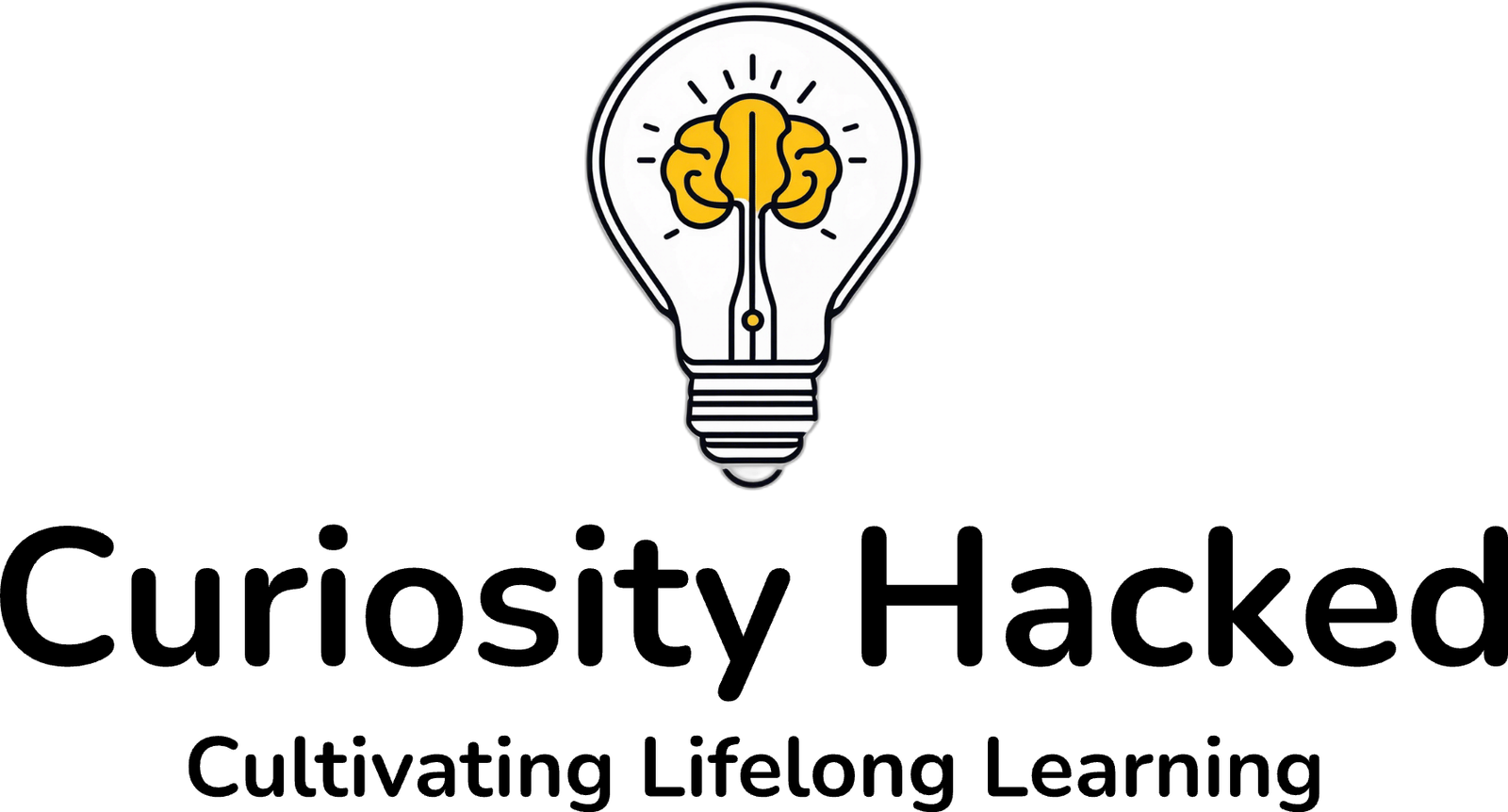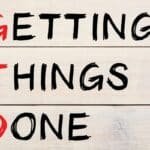How do you organize your notes and learning materials? Is it something you struggle with? If yes, why?
The way you organize your learning has a huge impact on your ability to retain information. In today’s busy world, it’s important to be able to access information easily.
Organizing your learning means being able to identify the key concepts and skills you need to master. This will allow you to focus on the areas where you need to improve.
In this article, we’ll look at how to structure your learning so that you can learn skills quickly and maximize your time in school or college. We’ll also discuss ways to make sure you do not forget anything! Let’s jump right in.
Why Is Organizing Your Learning So Important?
It’s one thing to know what you want to learn. It’s another to put those things into practice. You may have all the knowledge and skills necessary to succeed, but if you don’t know how to apply them, they won’t help you achieve success.
You need to be able to see yourself doing the tasks you are planning to undertake. You need to visualize yourself performing these tasks.
This is why organizing your learning is so important. Once you’ve identified your course’s key topics, you should break down each topic into smaller chunks.
This helps you to see exactly what you need to study next. The more organized you are, the easier it will be to remember everything you need to learn.
If you don’t plan, then it’s easy to forget about certain aspects of what you are trying to learn, whether this is a personal skill or your studies. For example, you might read an assignment and think, “I’m done!” without realizing that there was a question you missed.
If you fail to complete assignments on time, you could miss out on valuable feedback from teachers and peers. As a result, you may find yourself struggling to understand some of the material covered in class.
Organizing your learning, however not only helps you stay on track, but it motivates you to keep going and helps you to eventually build a portfolio of everything you have learned and how you can apply it to your next job. Let’s look at the process in closer detail.
How To Organize Your Learning
Start With Why You Are Taking The Class Or Why You Want To Learn A New Skill
This step is often overlooked, but as a self-directed learner, you do not have an authority figure to keep you motivated, so you must find this motivation alone. You have to be intrinsically motivated to keep learning.
Once you have defined your purpose for learning, you can start thinking about the skills you would like to develop and how achieving your goals and these skills will make you feel emotional. You might want to keep asking yourself questions about why you are learning what you are learning to keep you motivated to move forward.
To help with this, you can visualize an outcome, which will help you stay focused on the tasks.
Use SMART Goals To Plan Your Learning

SMART stands for Specific, Measurable, Attainable, Relevant, and Timely. These are the key components of any good goal-setting strategy.
Specific: What exactly do you want to learn? Be specific about your objectives.
Measurable: How will you measure your progress toward your goals? Make sure you set realistic expectations.
Attainable: Can you realistically achieve your goals? If you are aiming to become a doctor, it’s unrealistic to expect to be a surgeon without completing your doctor’s course first.
Relevant: Is your goal relevant to your life and career? Think about what you want to accomplish and how it relates to your plans. Does it also align with your values?
Timely: When do you want to reach your goals? Set deadlines for yourself but do not make these unachievable.
Create A Learning Schedule
The best way to ensure that you’re getting the most out of your studying is to create a schedule and stick to it. This means scheduling classes around your work hours and making sure you get enough sleep before starting your day.
You also need to decide when you’ll study and when you’ll relax. It’s important to take breaks throughout the day to prevent burnout and to give your brain a chance to rest.
Start A Study Group
To keep up a self-directed learning habit, you need to make yourself accountable and to do this. It might help to commit to learning something new simultaneously with a couple of friends or family members. This way, you can create your little study group.
If you started to learn independently, don’t be afraid to join a study group, a popular online course, or even a membership-based learning community.
You could then start a Facebook group to help each other with any questions and motivate each other to keep going.
Keep Track Of Everything
It’s worth noting that if you are taking online courses, you should use a tool to track all your assignments. Plenty available on the internet usually come with built-in features such as highlighting text, adding notes, and creating flashcards.
These are great features for school and can help you stay on track whilst learning a new life skill or learning a new language, so you have everything you need to do organized in one place.
Build Your Own Digital Portfolio
Finally, if you want to learn a new skill, you should apply what you learn by building with it. A digital portfolio can be as valuable as a degree certificate these days as it shows exactly what you have been working on.
Your portfolio should include case studies to show off what you can offer and what you have achieved so far, whether in school or for a previous business.
Building a digital portfolio can help you to create your brand to set yourself aside from others whilst helping you build a record of what skills you can offer.
Final Thoughts
After reading this article, we hope you have learned a little more about organizing your learning and holding yourself accountable with extra planning and creating a study group.
This will help keep you motivated and push forward to reach your goals successfully. Following the steps outlined above can help you take the initiative and start learning, enabling you to start doing what you love and putting what you have learned into action.
Happy learning!






